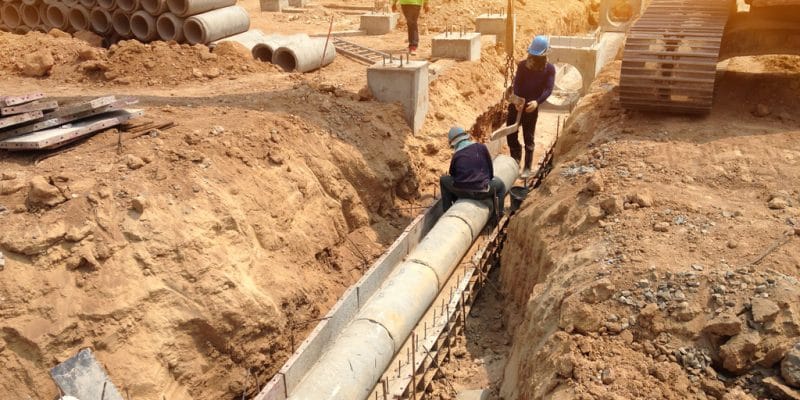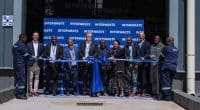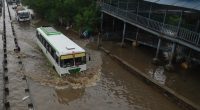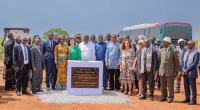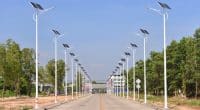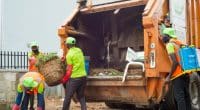The Government of Ghana has recently approved the use of a line of credit opened by the International Development Association (IDA), a subsidiary of the World Bank. It is intended for the implementation of a sanitation and drainage project in the city of Accra.
In order to improve sanitation conditions and especially floodwater drainage in Accra, the capital of Ghana, the government has obtained funding from the International Development Association (IDA), a subsidiary of the World Bank. This is a $200 million line of credit that has recently been approved for use by the authorities.
This funding will support the implementation of Greater Accra Resilient and Integrated Development (Garid). According to Kojo Oppong Nkrumah, Ghana’s Minister of Information, this is a multi-phase project that will “improve flood risk management and solid waste management in the Odaw River Basin of the Greater Accra Region. It will also improve access to infrastructure and basic services in targeted communities in the basin.
Floodwater drainage
The first component of the Garid project is dedicated to drainage and flood management for people and health facilities in the Odaw Basin, a river that flows through the capital Accra. In concrete terms, this concerns the rehabilitation and expansion of the current drainage system, as well as the construction of new dredging and silage pits.
As part of the Garid project, the pumping stations currently out of service will be restored to their original state. They will be accompanied by new retention basins. The Ghanaian government will also develop green spaces and parks to serve as buffer zones for floodwater retention. It also plans to improve flood response systems through better infrastructure for flood forecasting and warning systems.
Waste management
Poor waste management in the city of Accra has led to the obstruction of drainage channels. As a result, during high water periods, the waters of the Odaw River overflow and affect populations, especially in disadvantaged neighbourhoods.
The Government of Ghana therefore also wants to address solid waste management. This will require the provision of equipment to improve waste collection. Solid waste transfer stations will also be built. The government also intends to improve waste management through recycling and disposal of those considered to be the most hazardous. Particular emphasis will be placed on raising public awareness and “applying a results-based incentive approach to improve the effectiveness of waste management and good sanitation practises”.
These and many other components are expected to help improve sanitation and prevent the flooding that paralyses the city of Accra during the rainy season. According to Asmita Tiwari, Senior Urban Risk and Disaster Management Specialist at the World Bank and Team Leader for the Garid Project, about $3.2 billion in economic assets are currently threatened by flooding in the Greater Accra Region.
The Garid project will reach at least 2.5 million people in the Ghanaian capital. It also receives financial support from the Global Fund for Disaster Reduction and Recovery (GFDRR). “The Dutch government provides technical assistance on advanced performance-based dredging in the Odaw River Basin,” says the World Bank.
Jean Marie Takouleu

